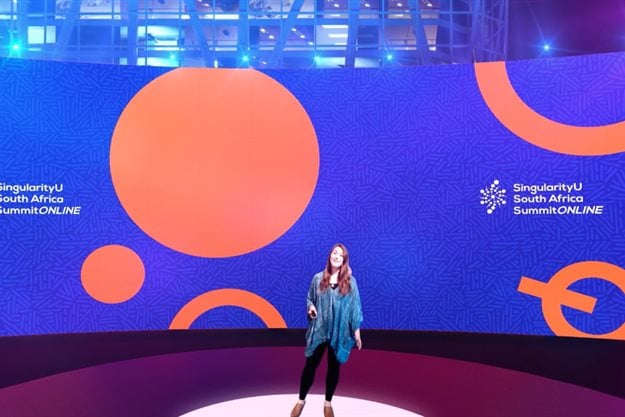
Top stories





Energy & MiningGlencore's Astron Energy gears up with new tanker amidst Sars dispute
Wendell Roelf 8 hours

More news


















Logistics & Transport
Uganda plans new rail link to Tanzania for mineral export boost










Pyle is the ecosystem development lead at the Center on Rural Innovation. She said that we're seeing three main occurrences due to Covid-19 and the great reset:
The question is how can we redesign the way we work for a better and more equitable future?
Pyle explained that remote work is the answer, not just in the short term but also in the long run. She recommends that people go remote forever. This is why:
Dell launched its Connected Workplace initiative in 2010 to encourage more remote work. Two years after they launched this, they already reported a $14 million cost saving as well as over 6,000 metric tons carbon emissions saving. The Global Workplace Analytics Report stated that American companies save on average $11,000 allowing part-time workers to work remotely. This was pre-pandemic.
Companies that enable remote work can be more diverse as this gives more people opportunities. A Stanford University study showed that remote workers are 13% more productive than their office working counterparts.
Pyle further explained that offices are one of the many options where work can get done. Meaningful work can be done anywhere. In a post-Covid future, Pyle believes that people will want to work from anywhere, not just from home, but also from co-working spaces.
Think about the model of co-working spaces. If we could develop these in remote areas in Africa, these could be a real driver of growth and opportunity. Imagine what this could do for income and wealth distribution! This could make a great impact on local economies.
Pyle recommends:
56% of South Africans don’t have internet connection. If we give people the opportunity to connect, we can use this as a chance to improve conditions for the other 44%.
Martin Luther-King once said:
Every society has its protectors of the status-quo and its fraternities of the indifferent who are notorious for sleeping through revolutions. Today, our very survival depends on our ability to stay awake, to adjust to new ideas, to remain vigilant and to face the challenge of change.Pyle concluded by saying that this is what we are being called to do here now. Close the physical buildings and open possibilities through remote work.